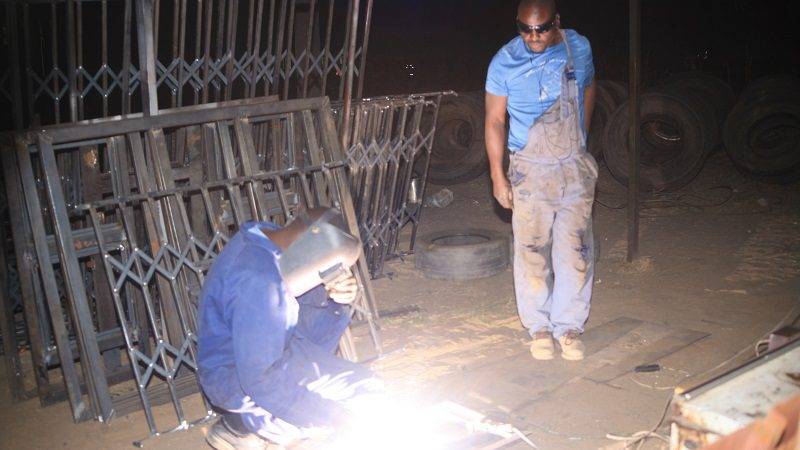Government Revises Policy To Tackle Worsening Power Crisis Amid Concerns Of Zimbabweans Working At Night

Zimbabwe is currently experiencing some of its worst power outages as water levels drop at hydro-power production at Kariba Dam, a water source that provides the bulk of power to the country.
Since Zimbabwe attained its independence in 1980, the country has only relied on mostly hydropower and thermal energy generation. But owing to faulty equipment at its thermal station dropping water levels and lack of financial investment in the sector, the country is facing power deficits.
Kariba dam where Zimbabwe gets 57 percent of its electricity has low water levels and is currently producing just 34 percent of what it usually produces. Experts warn that the anchor power producer might have to stop production in weeks and this would mean that about 358 MW would be lost daily, that translates to 300 000 homes without power.
“Hydro-energy has increasingly become unreliable because of the frequency of droughts in the country,” said Panganai Sithole, a spokesperson for Zimbabwe Energy Council.
As a result of the drastic reduction in Karibu water levels, electricity in the Emmerson Mnangagwa-led stated is now available between 10 pm and 6 am a scenario which has pushed some businesses to use expensive diesel generators while others have opted to carry out their activities at night.
Huge firms have also been largely affected by the prolonged power cuts. Econet services, the country’s biggest mobile services operator, was down for the better part of June 20th following power cuts that tampered with its network operations center in Harare.
The company in a statement said power outages have reached unsustainable levels and were threatening the viability of the telecoms sector.
In a move that is aimed at salvaging the power outage crisis, the country has removed import duties on solar-energy-related products, from batteries to cables.
“The country will now promote the importation (and) local production of solar equipment and the use of solar power as an alternative energy source,” Monica Mutsvangwa, the country’s information minister, said Tuesday.
The government has also given a directive that all new construction in the country includes solar systems.
Zimbabwe’s government has persistently called for expansion of renewable energy to meet power shortages, but government policies have not been friendly as solar suppliers have severally cited the costs of putting solar systems being too high.
The government said earlier that it had set a target to get at least 1,575 megawatts of power from solar by 2030. Going by the current production levels, the country may not be able to attain its targets if it does not leverage renewable energy.
According to the draft renewable energy policy document, the country is projected to have an electricity supply deficit of around 1 000MW and 1 600MW in 2025.
Featured Image Courtesy: Problem Masau